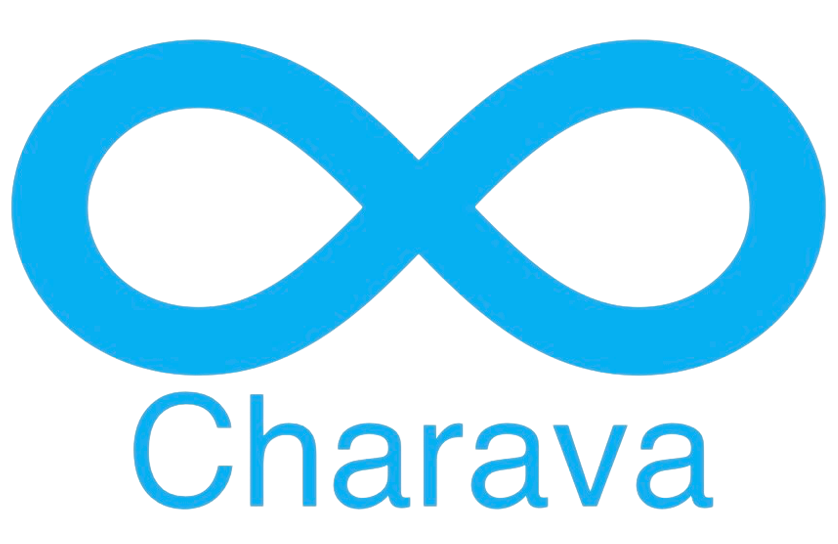Explore the Research and Findings on NMN as of 2021
Recent Research into Nicotinamide Mononucleotide (NMN) [updated 2021]
NMN has gained a lot of attention in recent years and most recently a buzz has developed following the release of the book Lifespan, by Harvard Medical Professor David Sinclair. The book offers the insights of David Sinclair into the concept of aging and is mostly based on his own research. A key message of the book is that human life can be prolonged as against the popular opinion that aging is inevitable.
He has been very open about taking NMN, but has also made it clear that he has no opinion on whether anyone else should take the supplement. Research thus far into NMN has been focused on animal studies however the results looks promising. The first study in humans was published in 2021, and Phase 1 of the study merely assesses the safety of NMN supplementation (without measuring their impact on NAD+ levels).
The 2021 Phase 1 Study of Nicotinamide Mononucleotide (NMN) involved 10 (ten) healthy Japanese men receiving a single dose of 100mg, 250mg, and 500mg of NMN on separate occasions. The research showed that all the administered quantities were tolerated without adverse side effects. As a result of this, the research authors concluded that up to 500mg of NMN is safe in healthy men. It is reported that for Phase 2 of the research, the efficacy of NMN will be examined, as well as appropriate dosage and frequency.
Research is preliminary and more studies are needed to draw further conclusions – but what an exciting time we are in!
A summary of some recent NMN research (updated 2021)
- NAD+ is a molecule that acts as a coenzyme in many critical processes in our body, including cellular energy production, DNA repair, and sirtuin activity (enzymes involved in aging).
- Mounting evidence suggests that NAD+ levels decline with age
- Declining levels of NAD+ are considered a hallmark of aging.
- Lower NAD+ levels are also responsible for many age-related conditions like cardiovascular disease, neurodegenerative diseases, and cancer.
- NMN is considered a NAD+ precursor.
- Boosting NAD+ levels through NMN administration extends the life of several organisms, including yeast, worms, and mice, and positively impacts metabolic function in animals.
- The first study (2021) of NMN in humans was published this year and showed that a single dose of up to 500mg was tolerable.
- Further research is needed to fully understand the effects of elevated NAD+ levels via supplementation in humans.
